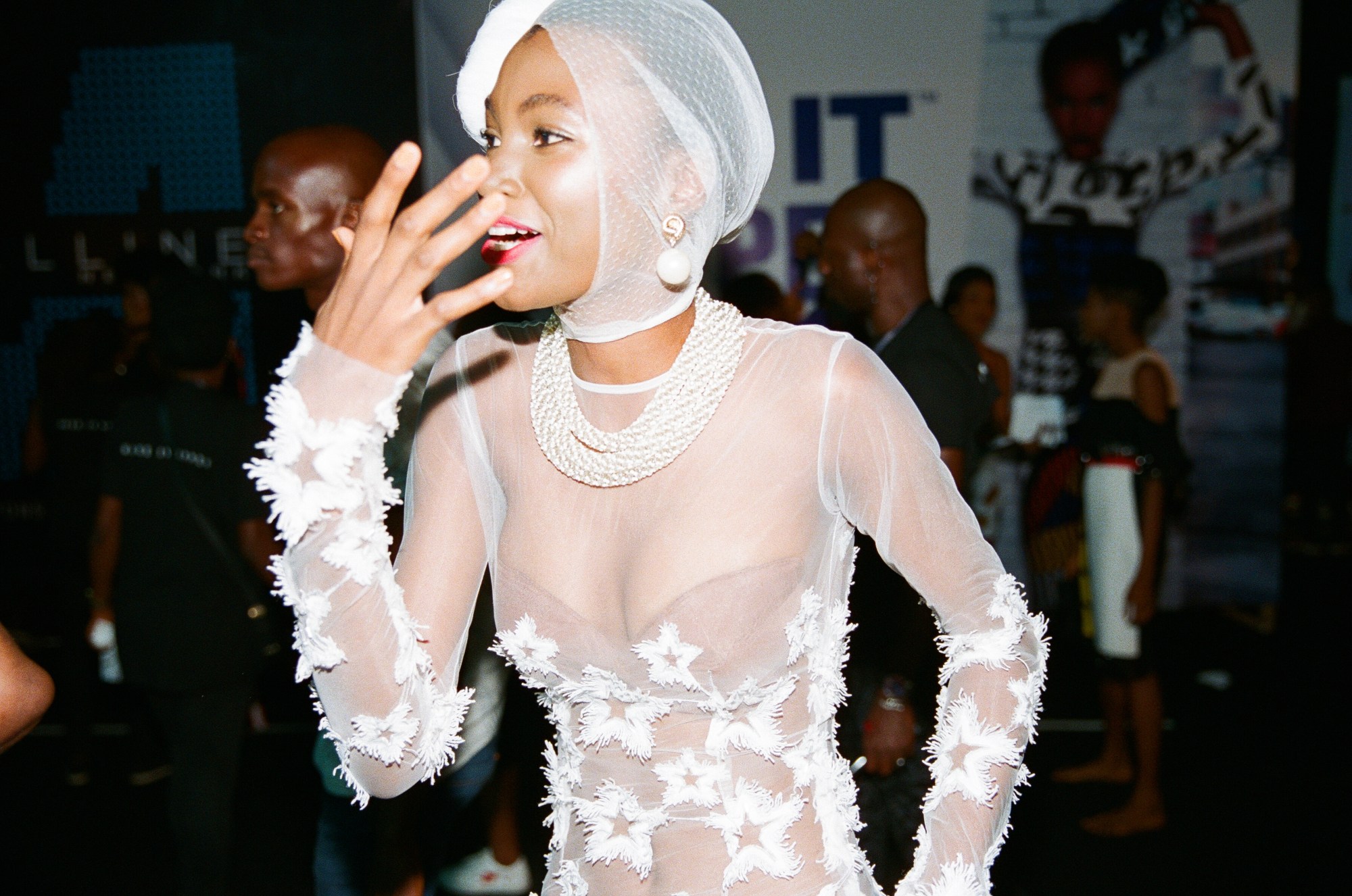With most corners of the planet tapping into the trillion-dollar fashion industry, Nigeria’s largest city – Lagos, is quickly becoming regarded as the centre of Africa’s sartorial scene. Towards the end of 2017, the city hosted its annual Lagos Fashion and Design Week, a four day event showcasing the work of designers from Ghana, Senegal, Côte d’Ivoire, South Africa, and Kenya and Nigeria.
The event’s founder Omoyemi Akerele and her creative agency Style House Files have grown the event from humble beginnings in 2011. To date her efforts have helped foster partnerships with the British Fashion Council, Selfridges and Pitti Immagine as well as connections with international buyers, press and digital influencers. Irene Ojo-Felix and Ben Pier headed to Lagos Fashion Week to take a closer look at the action, energy and attitude behind-the-scenes.
i-D: Irene, this was your third year at Lagos fashion week, right? Has it changed over that time?
Irene Ojo-Felix: It has been interesting to see how the event’s evolved in terms of production and the designers that are involved. At first, it was mostly local talent from Nigeria showing their collections but more recently designers from Ghana, Senegal, Ivory Coast and South Africa have all shown as well. I’ve been able to meet people from all over the continent – it’s becoming a really galvanizing event.
What makes it special from your perspective?
Lagos is a lively, bustling city whose energy is probably only matched by New York, in my opinion. Everyone is hustling and it’s not for the faint of heart but it’s a city that’s not afraid to party, to laugh, to really have a great time. In terms of fashion, Nigerians would put Wakandans to shame as they take formal, ceremonial dressing very seriously. The fashion scene is just an established production of what was already a huge pillar for the culture.
Who are some of the standout designers from there?
Maki Oh is a standout and I really love how she takes traditional Adire prints and reinvents them in her signature way. I’m all about clothes that move so I love Sophie Zinga’s beautifully flowing caftans and Tsemaye Binitie’s expertise in tailoring and fringe. Orange Culture, Kenneth Ize, and Post Imperial all speak to my tomboy side and create great androgynous looks with textiles that can stand up to Nigeria’s heat. IamIsigo and Tokyo James are some upcoming faves that take bold risks when it comes to experimental design.
What is the situation like politically?
What we’re seeing is young people gaining awareness and power, much like a lot of the youth movements which are happening globally. Nowhere is that more evident than in the creative art scene, which has definitely had an uptick in success due to all the brave creatives who went against convention. Nigeria can be considered a very traditionally conservative country where corruption and ineptitude has stalled a lot of the possible progress. Nigerians, however, have proven to be resilient and optimistic in spite of challenges.
With the world so focused on the key fashion weeks, what can we learn from events like Lagos Fashion Week?
That experimental, risky spirit is something that I’m longing for from the more traditional fashion houses. Fashion is inevitably a business but this means a but of its soul was sold too. The pace of fashion in Africa is almost nostalgic in that designers are just now getting to the point of releasing two collections a year, which you can see in the level of craftsmanship and the creative freedom.
Did you identify any particular trends?
On any given weekend, you can see people wearing the most extravagant garments to a wedding or a church service – they wear YSL and Gucci with the best of them. Even at LFDW the street style was so inspiring with every microtrend present. I counted a lot of bright colours, micro sunglasses, mini bags and don’t get me started on the beauty! I took a lot of pics for my braider in Brooklyn to reinterpret!
What was your biggest takeaway from the event?
I’m Nigerian but was born in the States and the West’s influence has permeated my understanding of other cultures, even my own unfortunately. We have to start to acknowledge that they are other ways to do things. Our generation must embrace tradition when necessary but also take up the charge of innovation and dissent. Getting outside comfort zones, challenging societal norms, pushing art to reflect the culture – these are themes that creatives strive for no matter what borders surround them. As the digital sphere grows and people grow more connected, it’s my hope that different perspectives are received as much as the status quo.
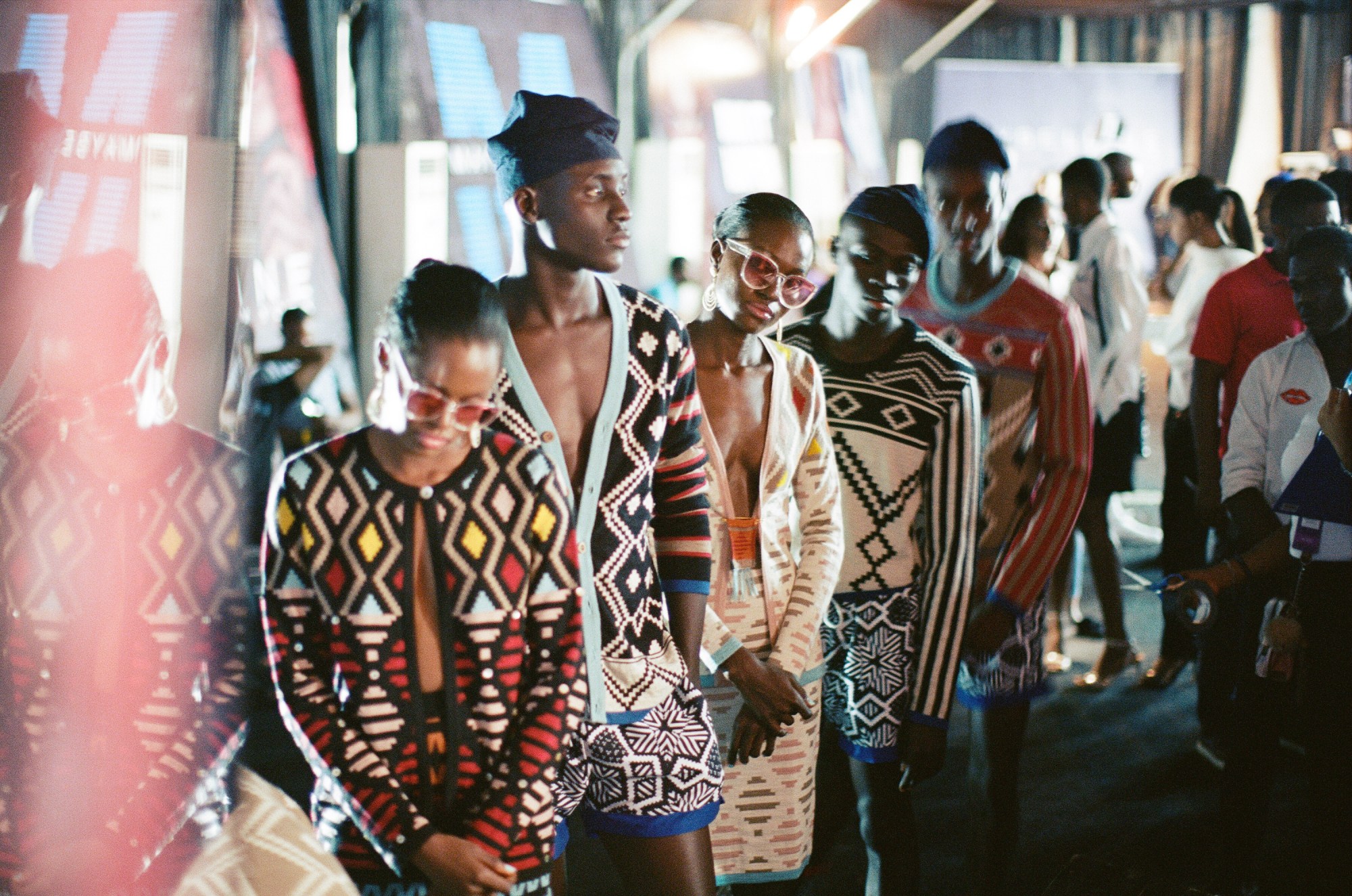
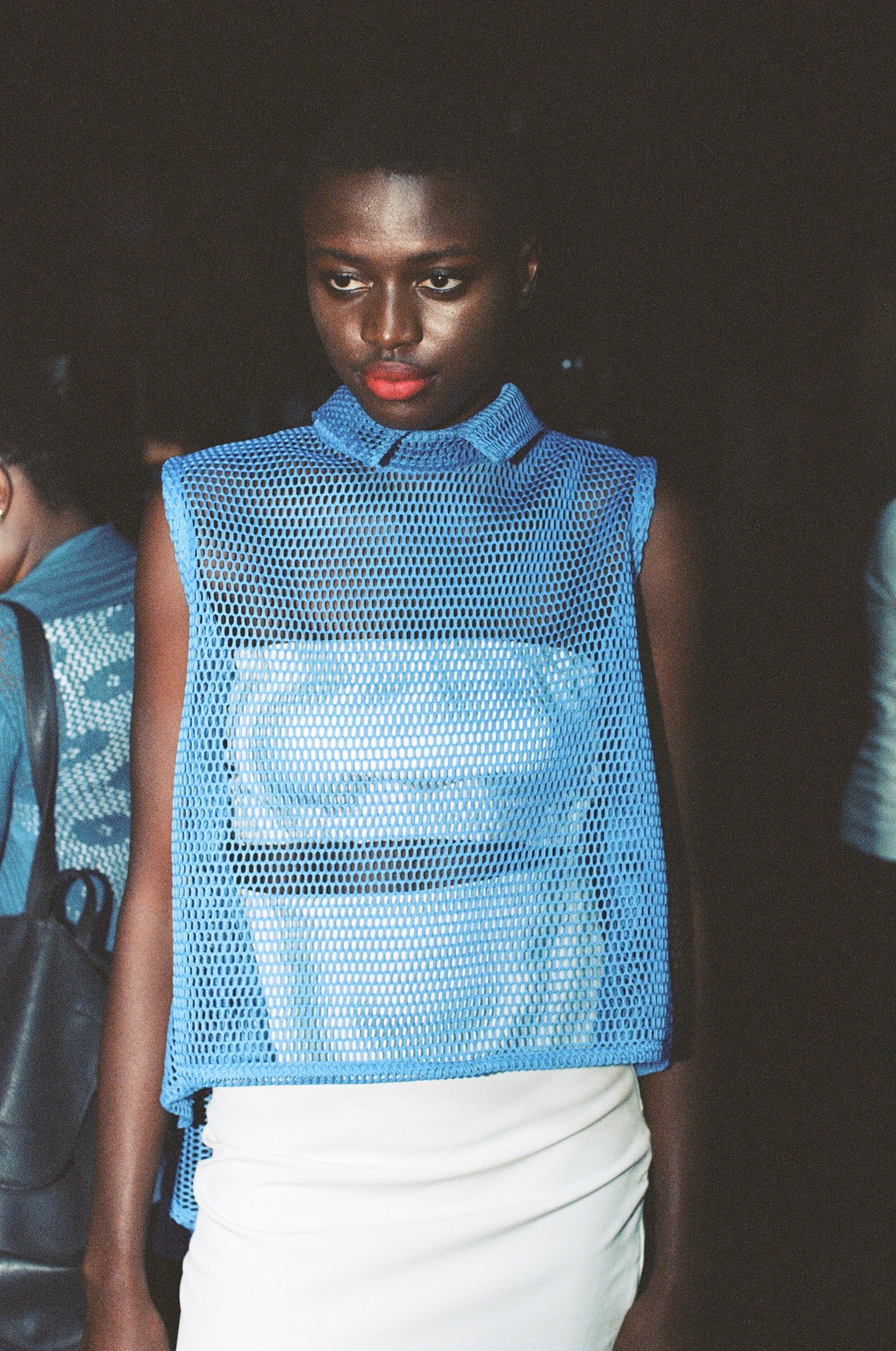
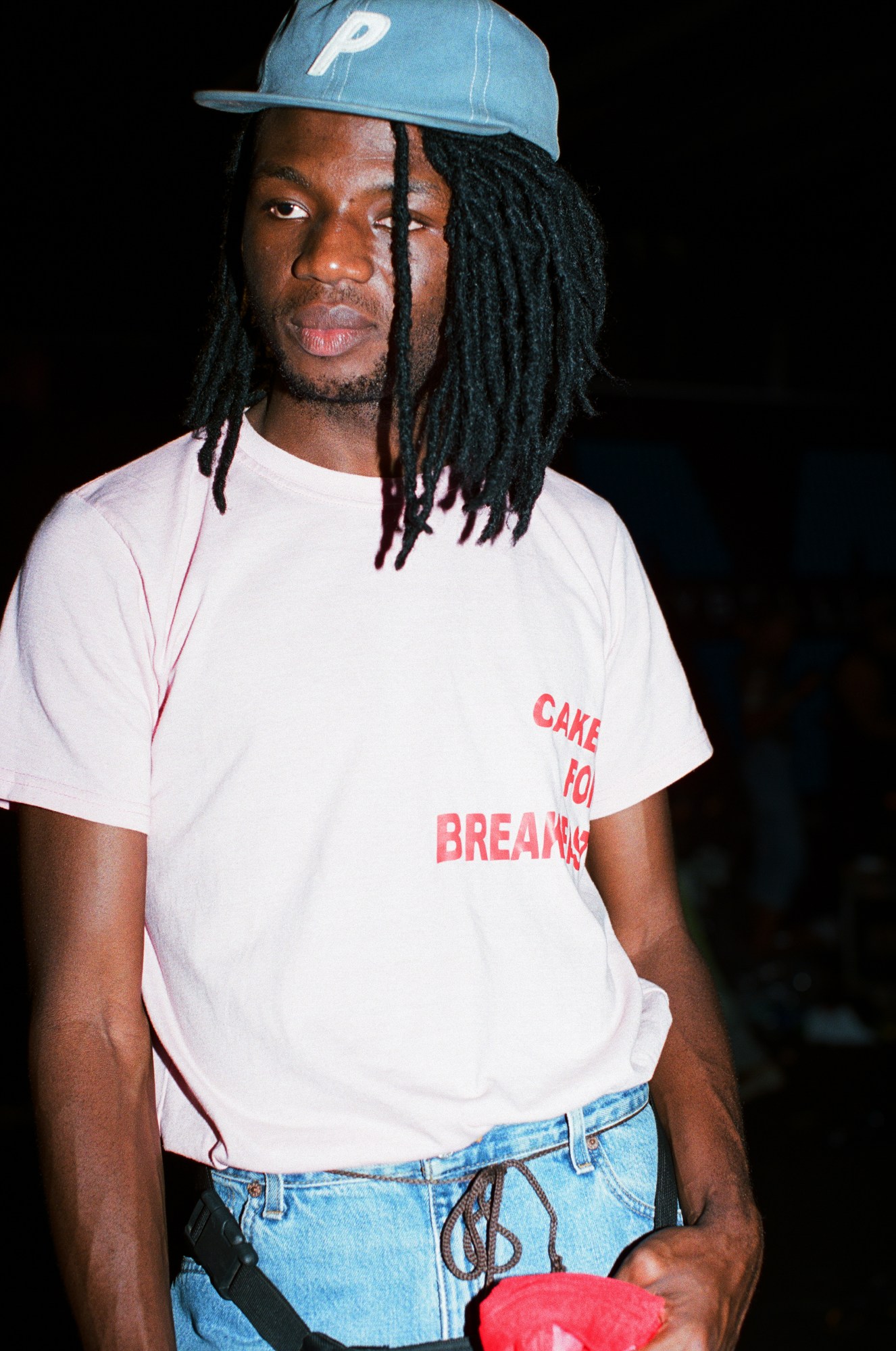
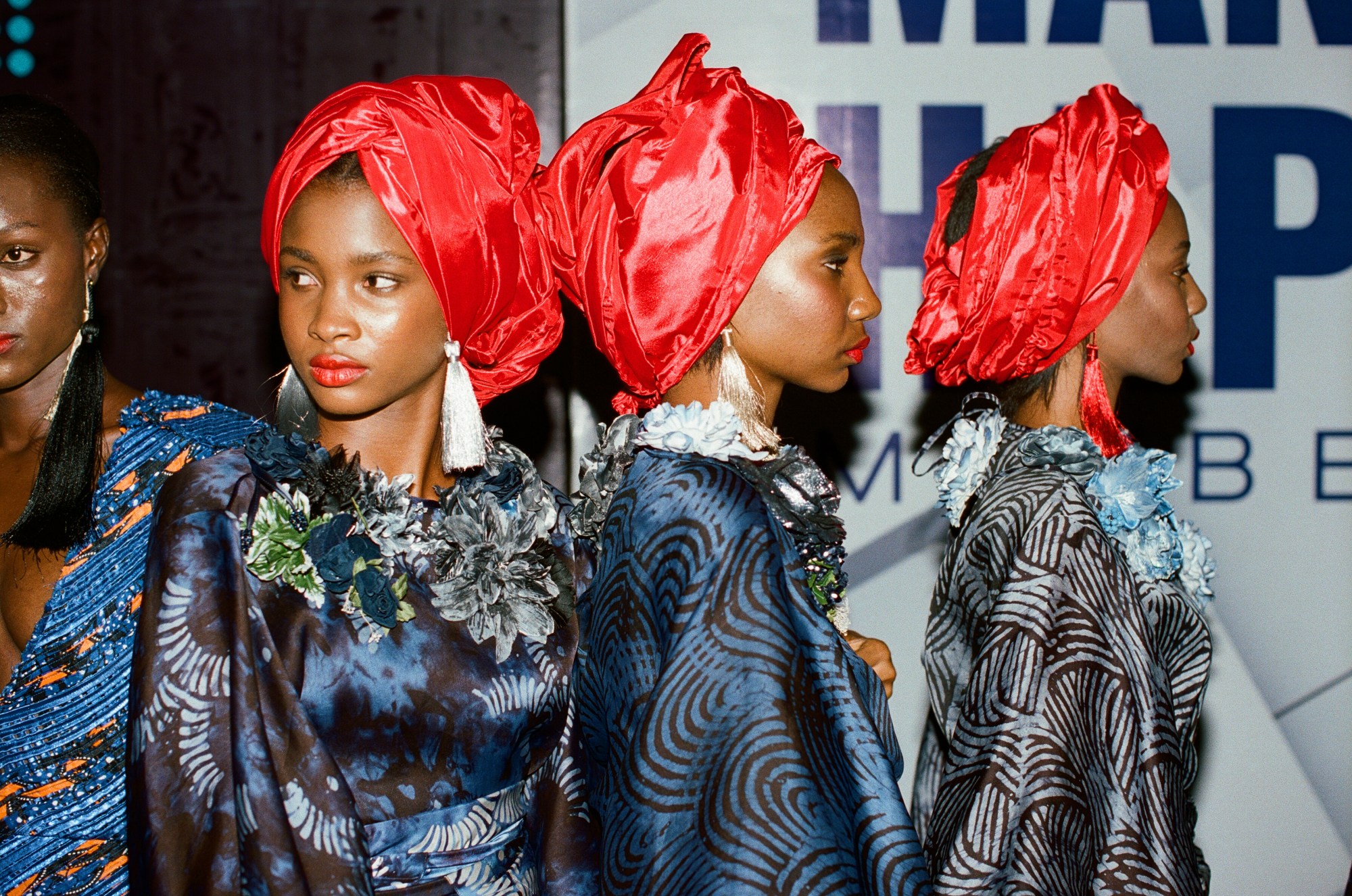
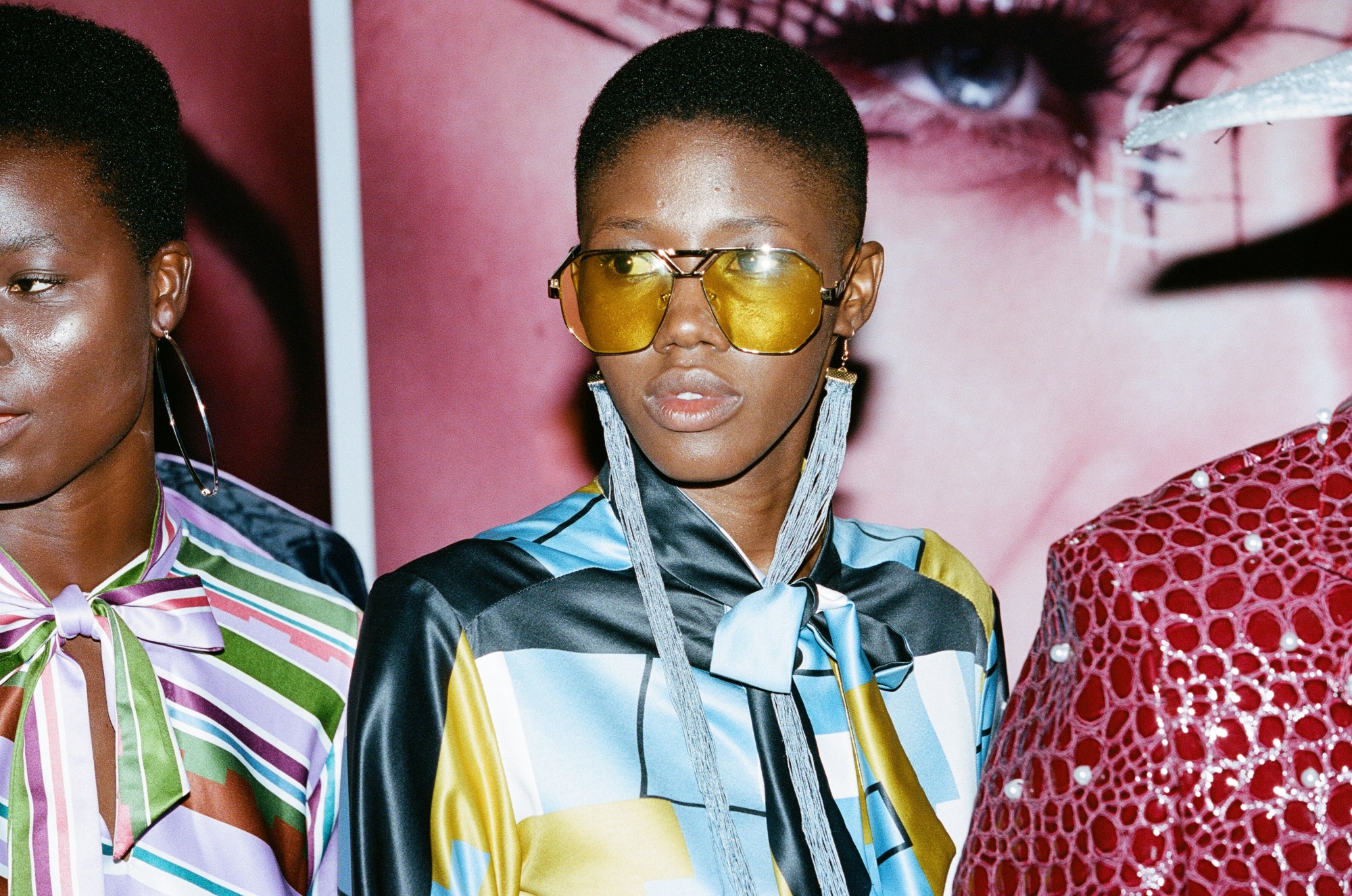
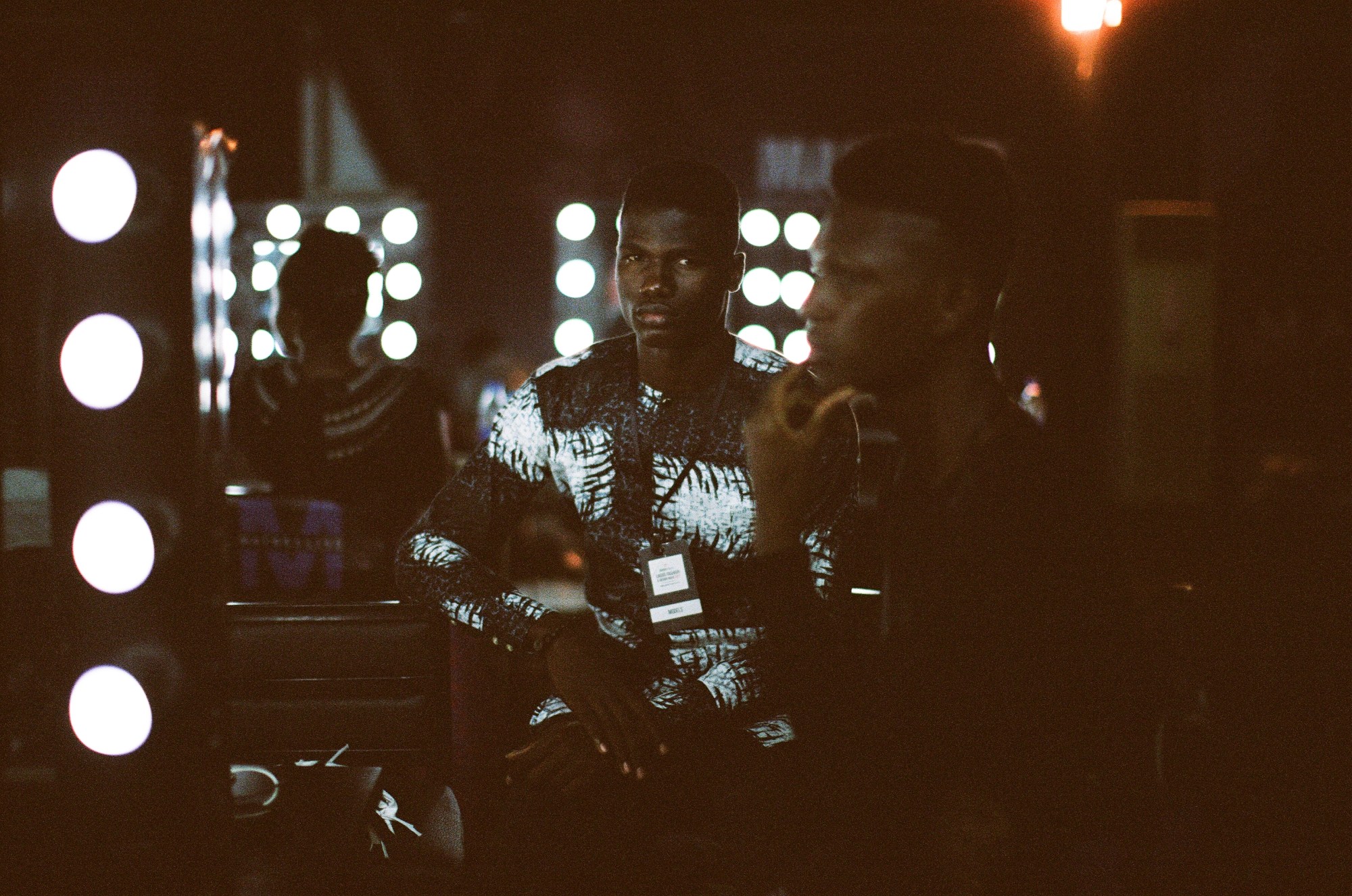
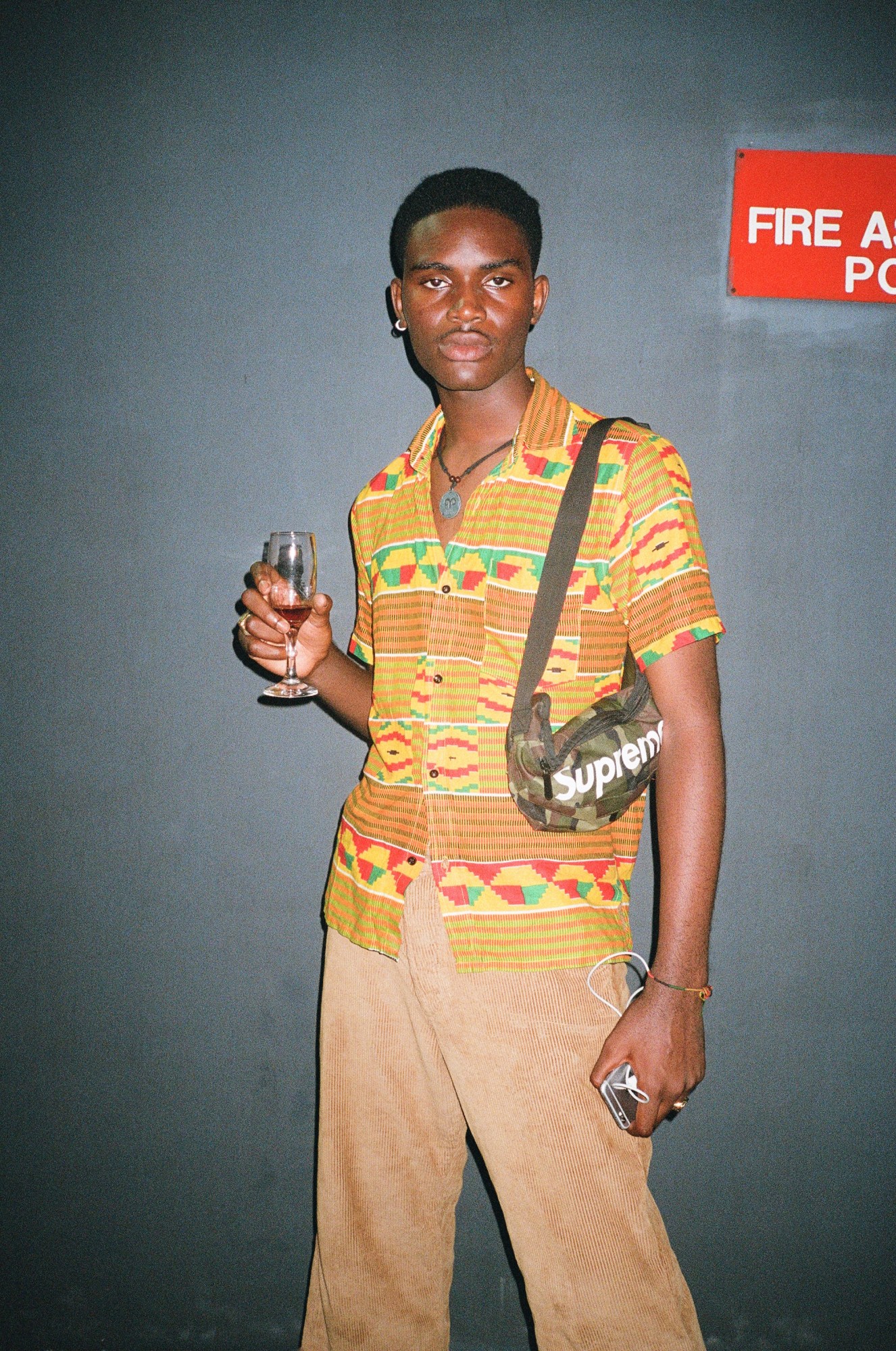
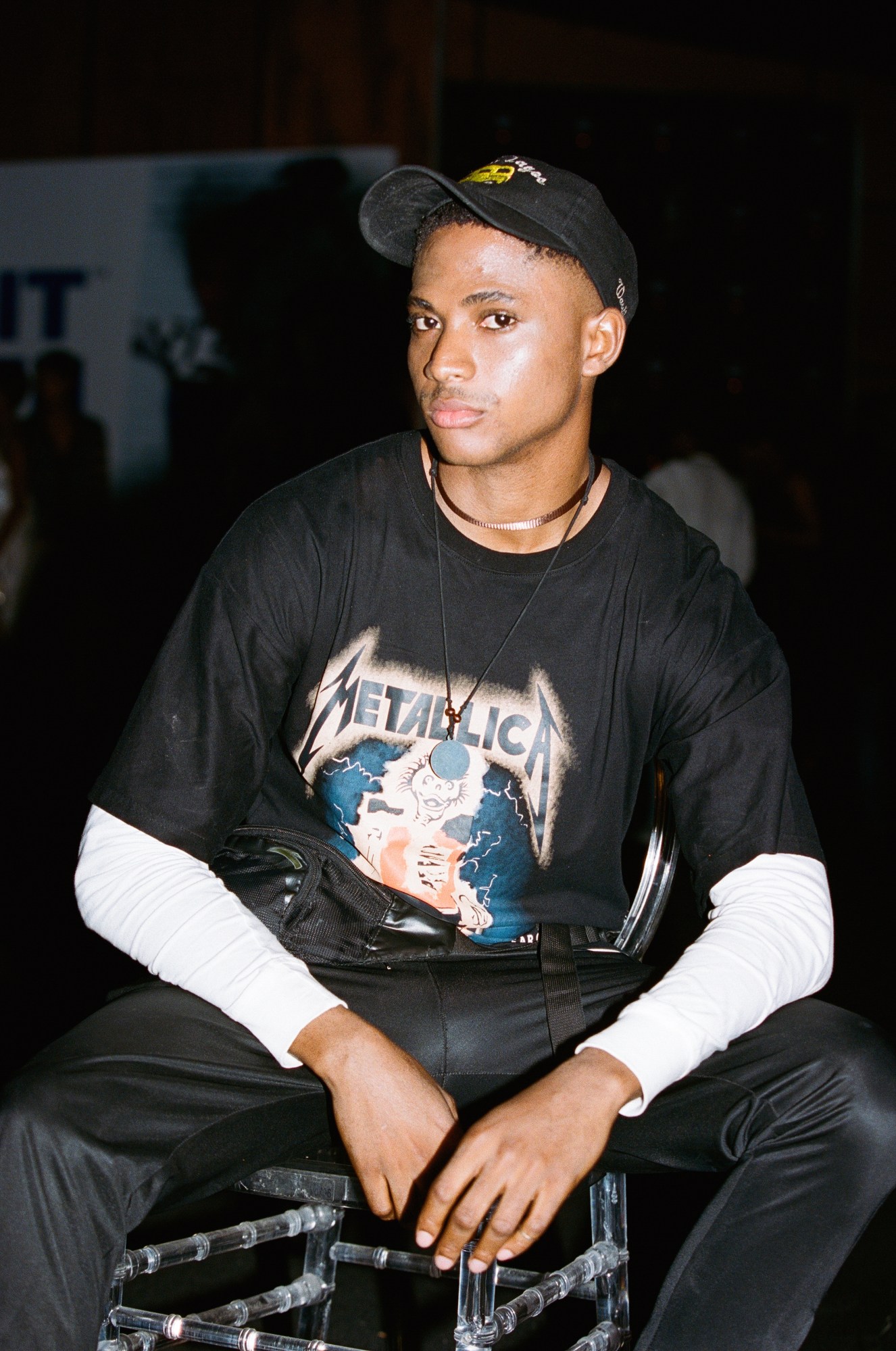
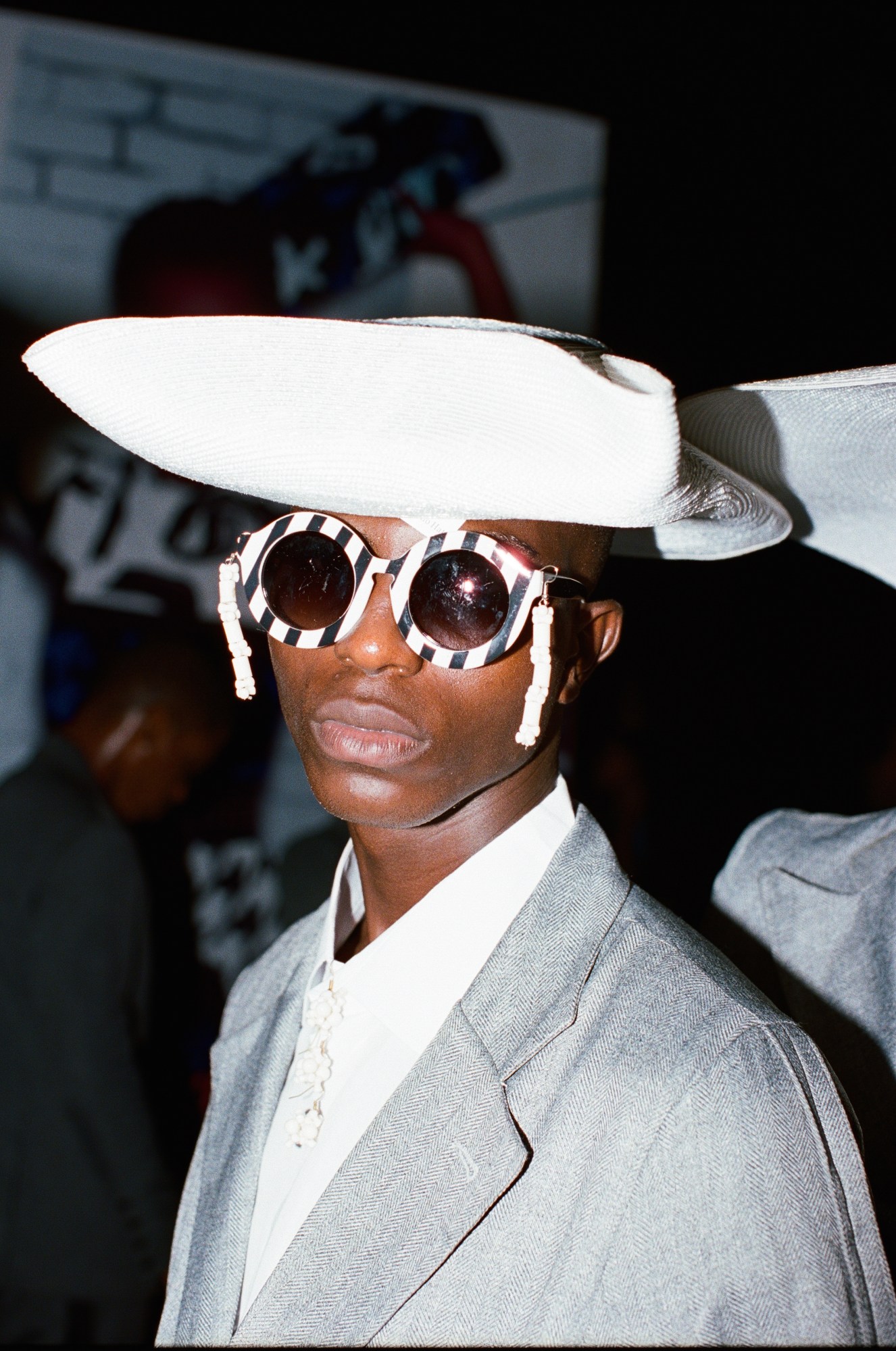
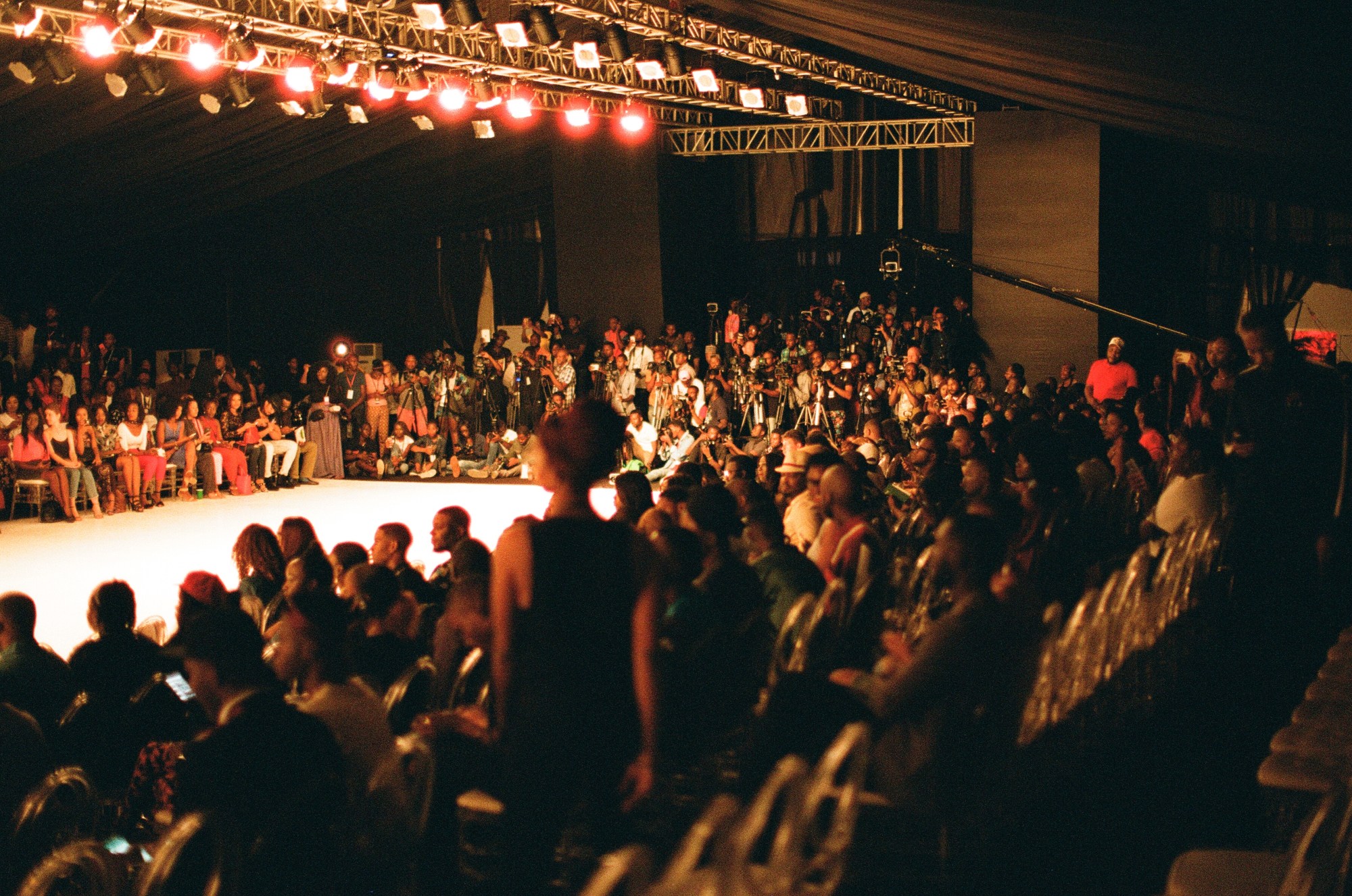
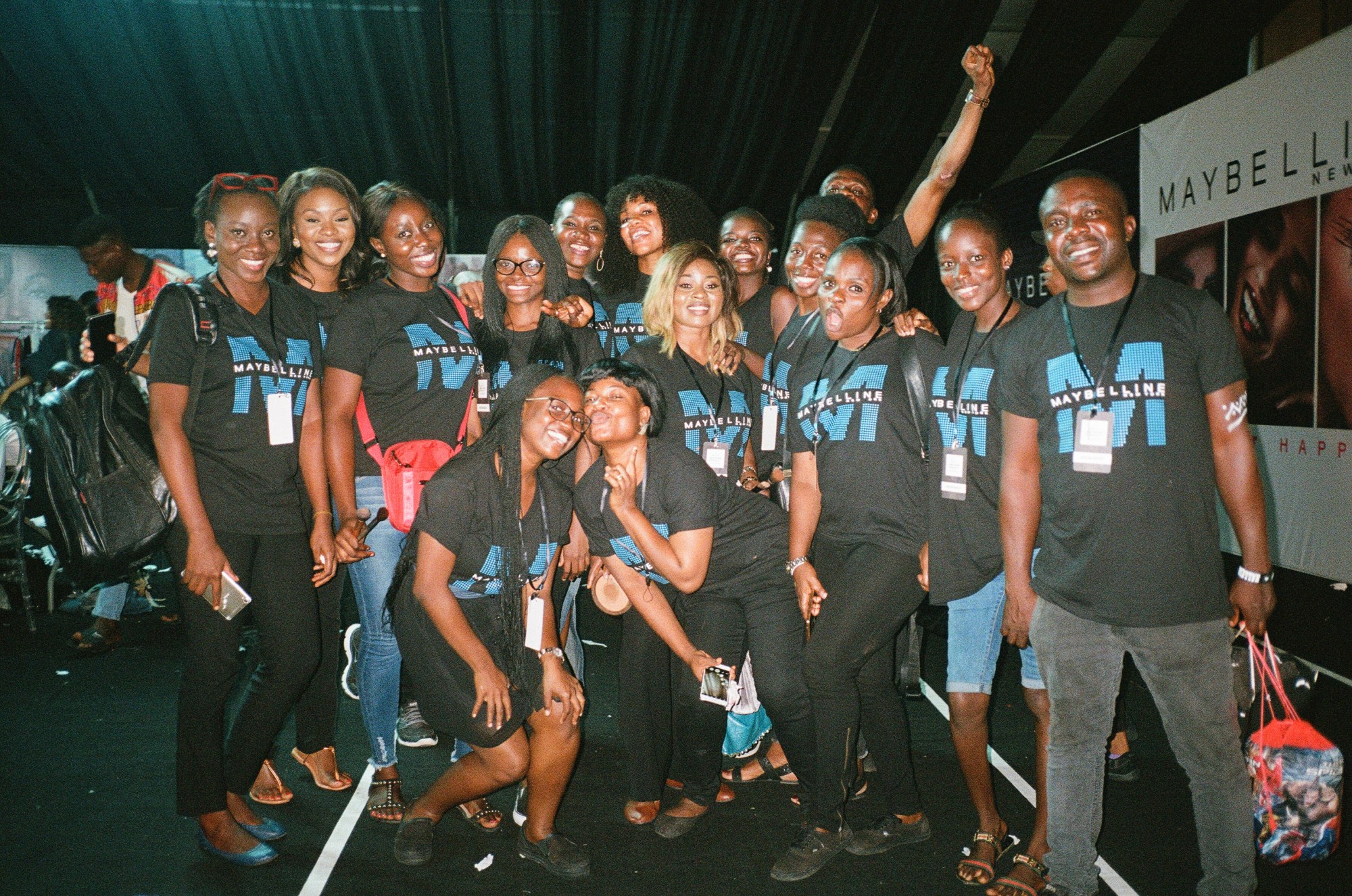
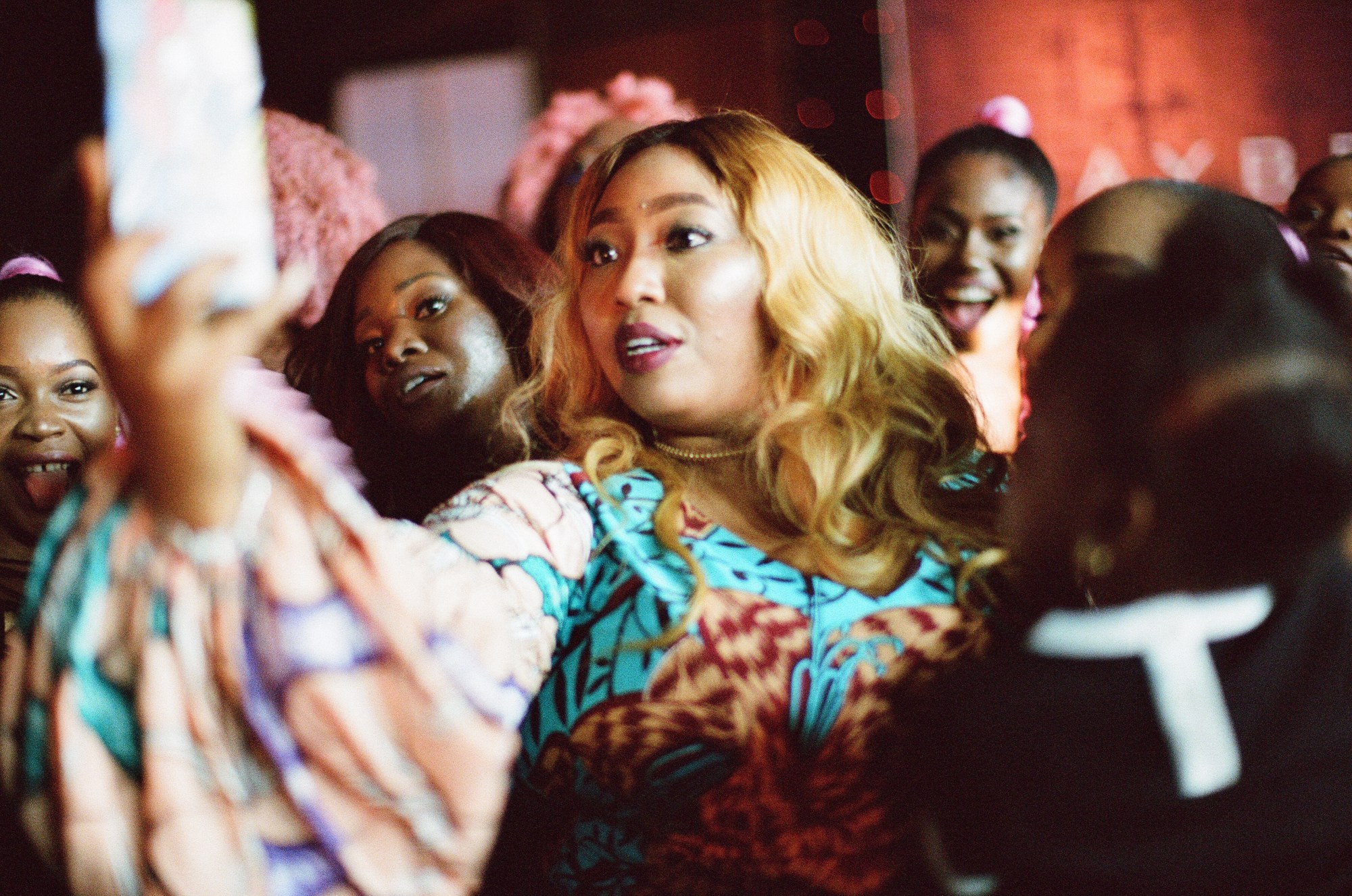
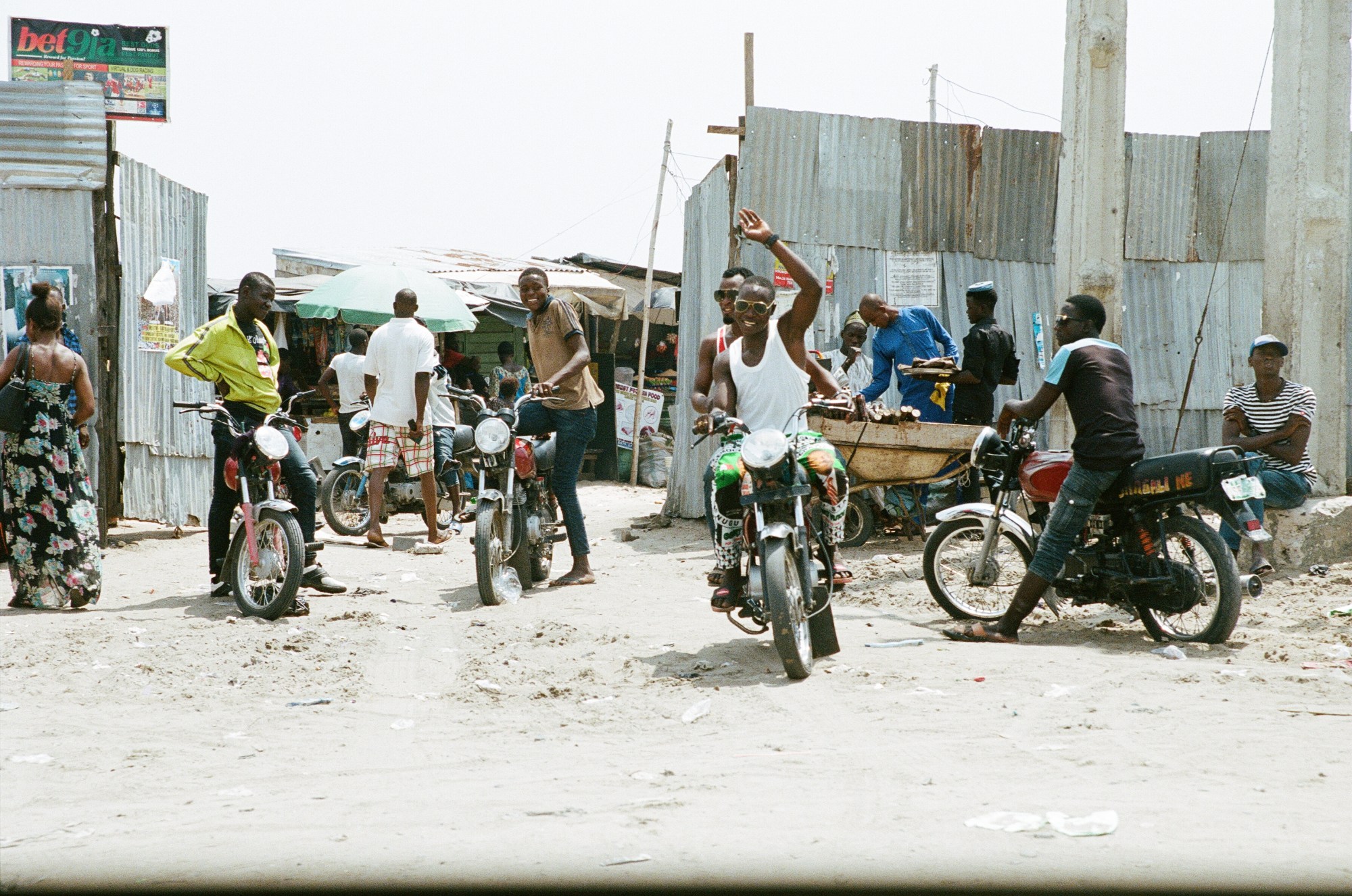
Credits
Photography Ben Pier
